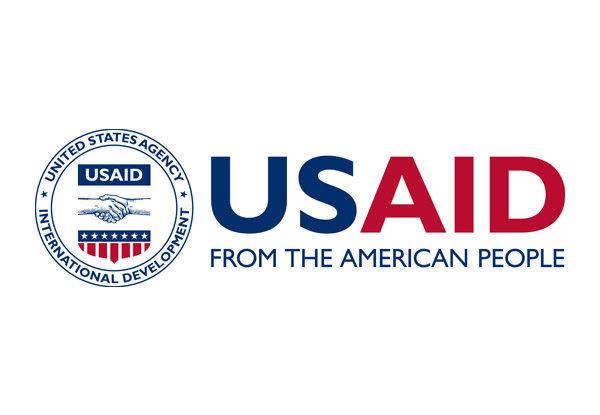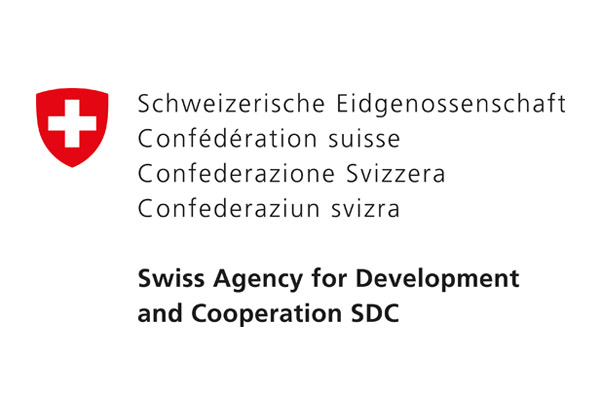Impact
Women leaders tackle disaster risk in flood-prone Rio de Janeiro
GNDR member Rodrigo Dalmeida has spent more than a decade bringing together community members, civil society organisations and the local government to tackle disaster risk. He describes his work with one community in Brazil that has taken action to reduce the impact of floods.
Christina Rosario de Oliveira is one of a dozen volunteers that monitor rainfall and river levels in Itaipava, a mountainous region of Rio de Janeiro state. Affectionately called ‘the stone that cries’, the valley has experienced widespread flooding, resulting in the loss of many lives and homes.
Community leadership
The volunteers led by Christina now take responsibility for monitoring rainfall and river levels along a 12km stretch of the Piabanha River. Data is shared digitally and the group commutates using WhatsApp.
Her journey to becoming a leader in her community started back in 2008. Heavy rain resulted in major flooding across the Cuiabá Valley. ‘It was as if my house had been in the middle of the sea,’ she says. ‘And when I looked around in the distance I could see little boats, only those were other houses.’
Her ground floor home and many of her possessions were ruined by the floodwater. She was pregnant at the time and the experience caused her to lose her baby.
Before the next floods hit in 2011, she had managed to rebuild her family home on the second floor. For the month and a half that followed the storm Christina managed to shelter a dozen families in her 90 square metre house. 40 people who had been made homeless by the disaster stayed with her.
A new approach to risk
I met Christina a few months after. I was training volunteers in school safety activities for Save the Children and she was working for one of the schools engaged in the project. Later I designed a project based on school safety and community civil defence groups and it brought us together again.
In total, 916 people in six cities across Rio de Janeiro state died in the 2011 floods. The experience demanded a new approach to risk management. The introduction of a federal law in 2012 established the National Civil Defence System: a mechanism for linking national government agencies with communities in at-risk areas. Local civil defence centres, known as NUDECs, were formed by groups of residents who received training in disaster prevention and emergency response.
Civil defence partnerships
Christina has dedicated part of her home to be the full-time office and working space where her group of volunteers meet. They work in direct partnership with the municipal civil defence department, allowing local data to be shared and joint response action agreed during heavy rainfall.
Women lead action
All of the volunteers are women living in the neighbourhood and include healthcare workers, teachers and housewives. Throughout 2020-21 the group has mapped the dangers the community faces, such as floods and landslides, outlined evacuation plans and provided training in risk management, for example in schools. The volunteers have enabled residents to identify risks where they live themselves – and use that knowledge to prevent future disasters.
Stakeholder engagement
I have been privileged to work with Christina and her group numerous times over the years on collaborative disaster risk reduction work – bringing together the volunteers in her NUDEC with civil society organisations and local authorities.
‘After all that happened to me,’ Christina says, ‘I decided to stay in my community. I got to love my community. And so, I came to realise: “What can I do to improve the place I love so much?” Some people will say the role of women is to wash, iron, tidy and cook. But no. There are many other important roles within society, within the community, that need to be valued. One is what we women do with the NUDEC.’
This story was gathered in partnership with UNDRR as part of our Faces of Resilience project.
Become a member
Applying for membership is easy. Eligible organisations just need to complete our online application form and upload a couple of documents that confirm the organisation they work for.
If your organisation is already a GNDR member you can simply register yourself as an individual. We will then link you to your organisation and you can access all benefits.
Join GNDR


